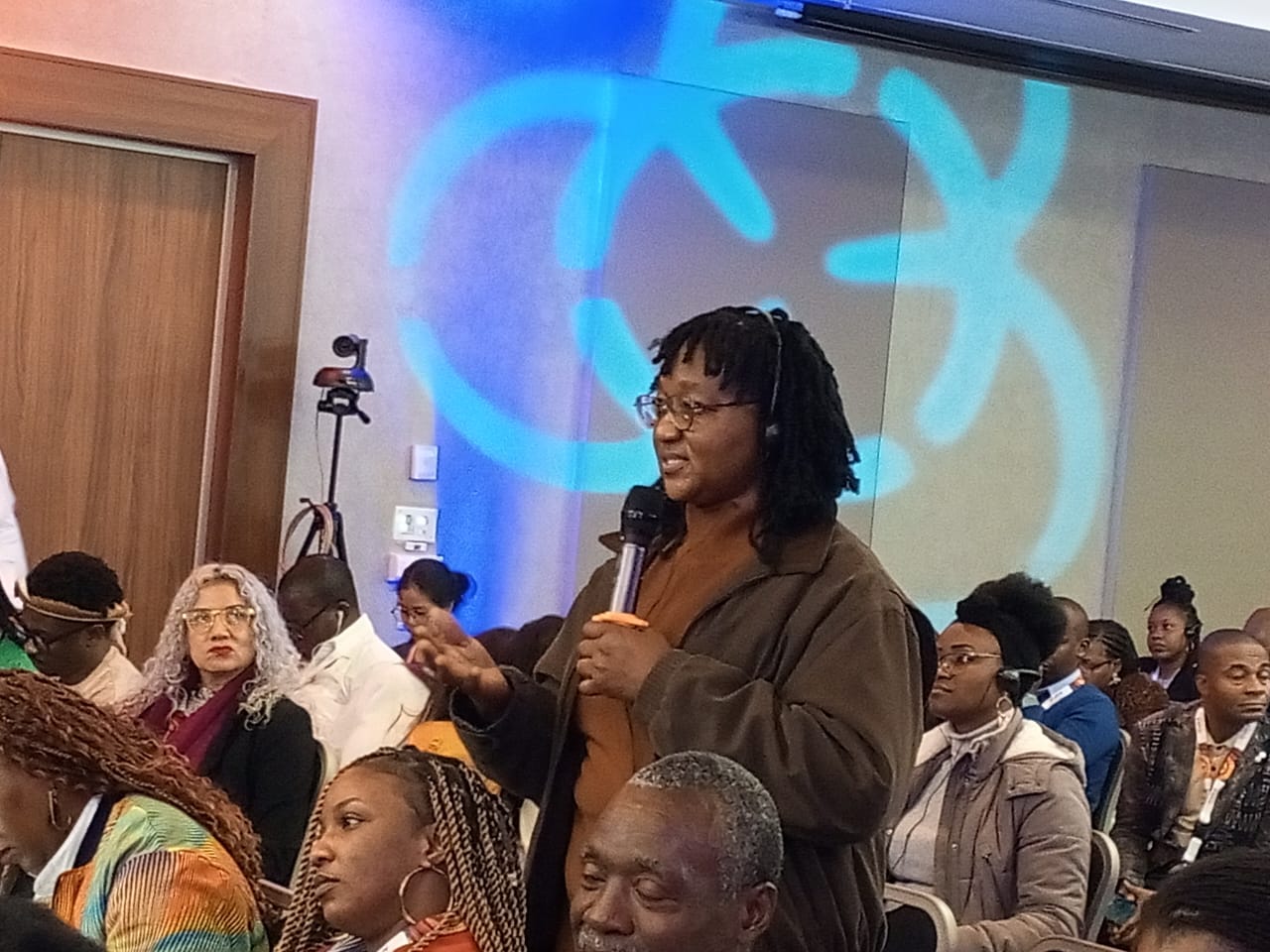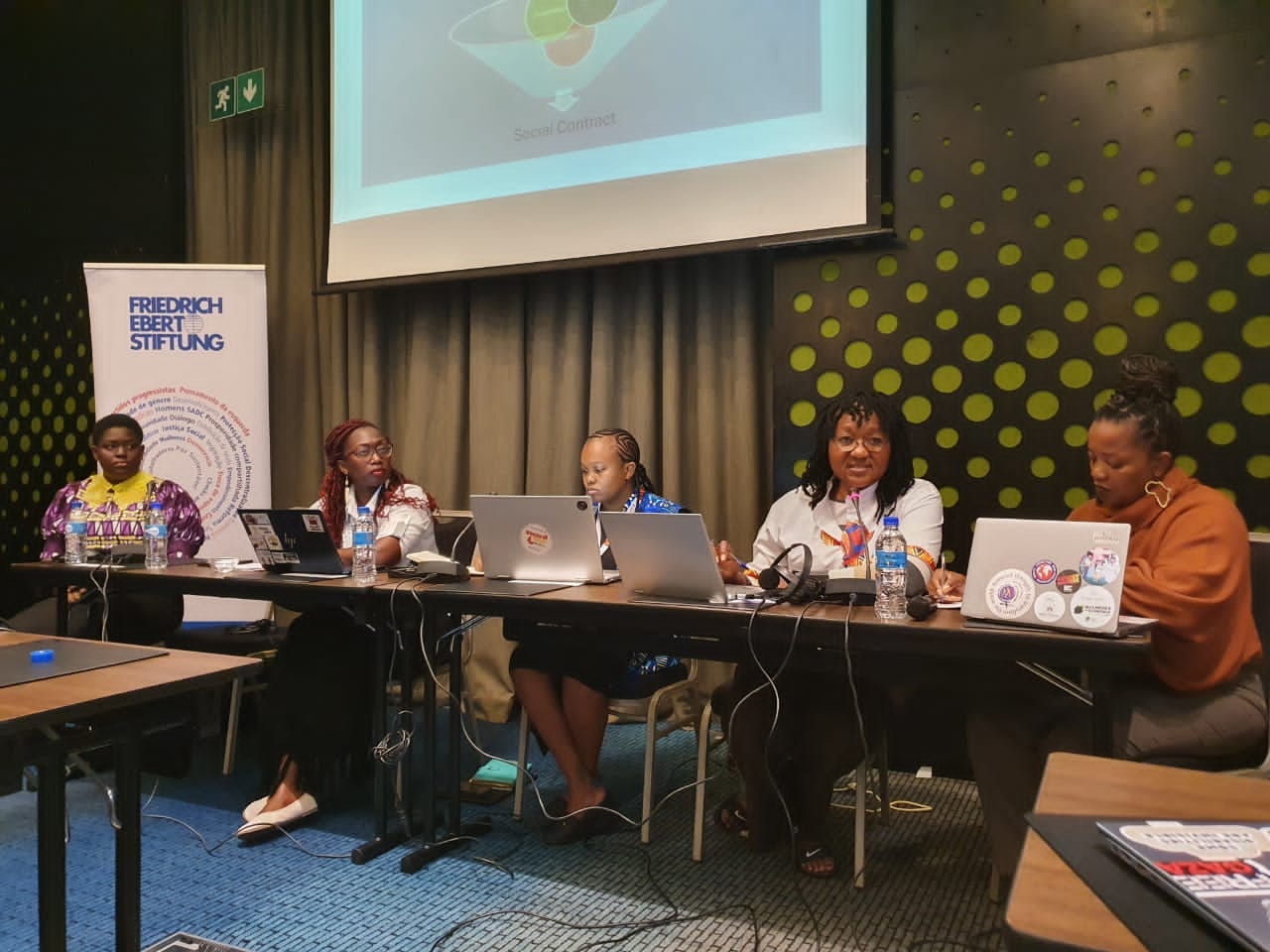African Trade Unionist Calls for Better Data in Debt Negotiations
"I just hope that from here onwards, we are able to build something that is going right," Mushongera said.
MAPUTO, Mozambique— A Zimbabwean trade unionist has highlighted the need for African countries to improve their data collection and analysis to strengthen their position in debt negotiations, writes Winston Mwale.
Speaking at the 4th African Conference on Debt and Development (AfCoDD IV), Vimbai Mushongera, representing the Trade Union Network for Social and Economic Transformation in Africa within the International Trade Union Confederation (ITUC) Africa, emphasized the need for improved statistics to strengthen advocacy efforts.
"Our statistics as a continent is not straight," Mushongera said.
"We wait to be informed by what we perceive as our advisors in the debt market, or in the debt making system. So, our countries end up being trapped, and lodged within the debt situation, because our advocacy is weakened."
Mushongera argued that African nations often enter debt negotiations without a clear understanding of their own resources' value.
This knowledge gap, she said, allows creditors to dictate unfavorable terms.
"We need to justify that this debt is not necessary," Mushongera explained.
"We must then be very clear about the quantities and the value of their resources that we hold as a continent. And, those figures are not available."
The trade unionist highlighted how the current debt system impacts local economies and social services.
"The government must cut its expenses on education, on health, on skills development, TVET, it will cut on development of infrastructure," she said.
"So, we have a stressed economy, and people who are so overwhelmed with what they have to do because the basic services, like getting a child to school are so far away from them."
Mushongera called for the development of Africa-specific indicators to measure the social impact of debt, particularly on women and communities.
She urged organizations like UN Women and regional women's groups to lead this effort.
"We need to start coming up with our own indicators, our own definition of the social status that is affected by the debt," Mushongera said.
"We have to be clear on the issues that we want to demand and be included on the table continentally so that each country is able to."
The conference brought together women from various sectors, including trade unions, churches, academia, and feminist organizations. It was praised for its inclusive approach and for putting women at the forefront of debt discussions.
"The conference was with a difference, because at this time, it's focused on women," Mushongera noted.
"Women were in control throughout. I think we only saw men on the platform today."
Organizers hope the conference will lead to more effective, gender-sensitive strategies for addressing Africa's debt challenges.
As the event concluded, participants expressed optimism about building on the momentum generated during the three-day gathering.
"I just hope that from here onwards, we are able to build something that is going right," Mushongera said.
The three-day conference, which concluded Friday, aimed to provide a platform for discussing pan-African feminist and youth perspectives on Africa's debt crisis.





